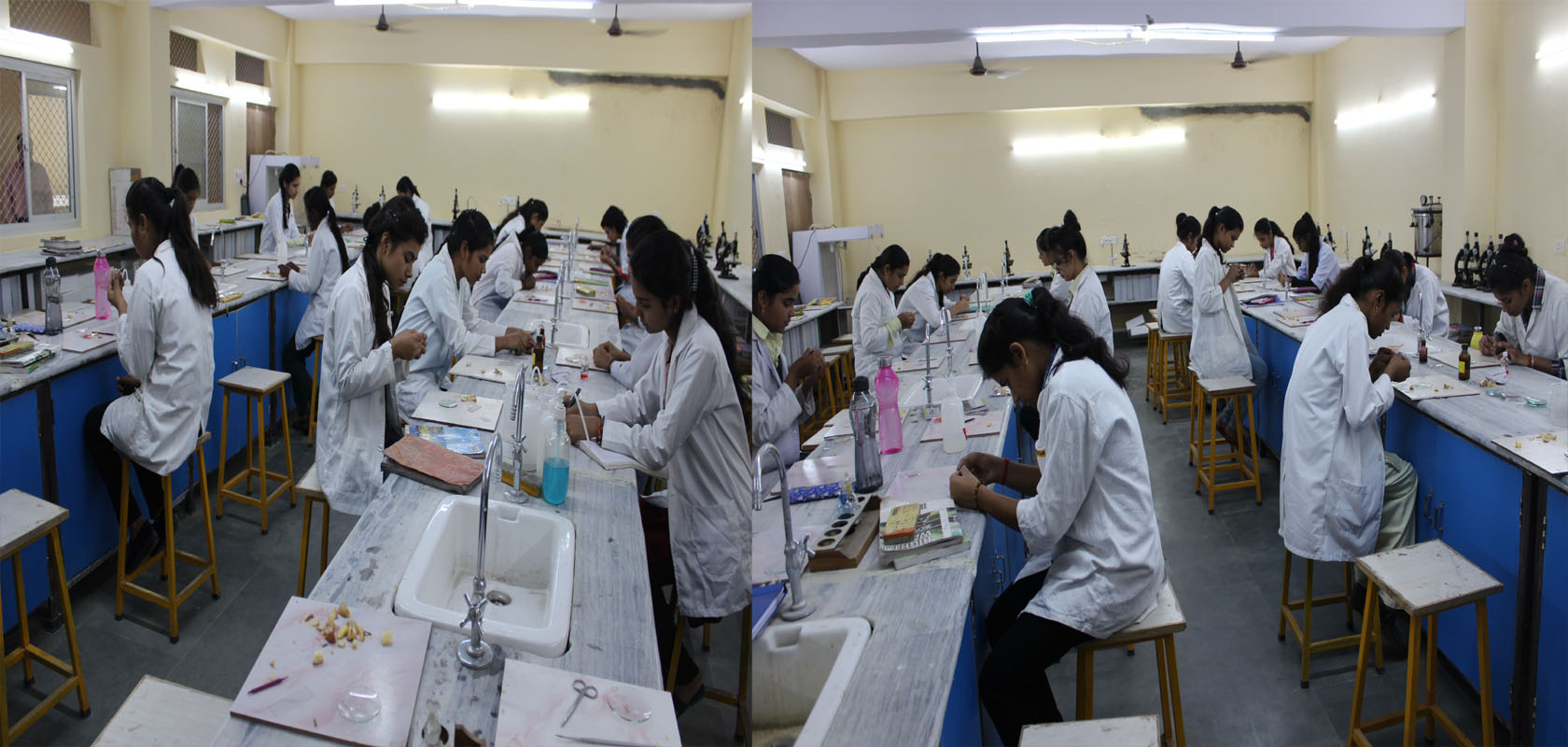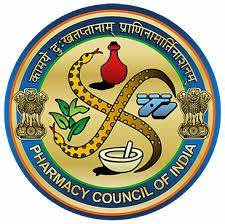
Pharmacy labs are essential for training and research in the field of pharmacy. The content in pharmacy labs can vary depending on the specific courses or research objectives, but here are some common types of content and activities you might find in a pharmacy lab:
Pharmaceutical Compounding: Students learn to prepare various dosage forms, including creams, ointments, capsules, and liquid medications. They practice proper techniques and safety protocols.
Drug Formulation: Labs often focus on the development and optimization of drug formulations. This may include studying the solubility of drugs, stability testing, and the creation of novel delivery systems.
Pharmacology Experiments: These labs involve studying the effects of drugs on living organisms. Students may conduct experiments on animal models or cell cultures to understand drug interactions, mechanisms of action, and toxicity.
Pharmaceutical Analysis: Students learn to use analytical instruments such as high-performance liquid chromatography (HPLC) and mass spectrometry to test the quality and purity of drugs. This includes quantifying the active ingredients and detecting impurities.
Pharmacokinetics and Pharmacodynamics: Labs can explore how drugs are absorbed, distributed, metabolized, and excreted in the body (pharmacokinetics) and their effects on the body (pharmacodynamics). This often involves mathematical modeling and data analysis.
Pharmacy Practice Simulations: Students may engage in role-play scenarios to practice patient counseling, prescription filling, and medication management, simulating real-world pharmacy experiences.
Pharmacy Technology: Labs focus on training students to use pharmacy technology, such as automated dispensing systems and electronic health records
Pharmacy Law and Ethics: In these labs, students may analyze case studies related to pharmacy laws, regulations, and ethical dilemmas, helping them understand and apply legal and ethical principles.
Research Projects: In advanced pharmacy labs, students and researchers may work on independent or collaborative research projects. These can cover a wide range of topics, from drug discovery to clinical trials.
Pharmacy labs play a crucial role in preparing pharmacy students for their future careers by providing hands-on experience and reinforcing the theoretical knowledge gained in the classroom. The specific content and equipment used in these labs may vary depending on the institution and the level of the program, whether it's an undergraduate, graduate, or research-oriented pharmacy program.
Our Labs




